Where to Recycle Electronics in Kansas
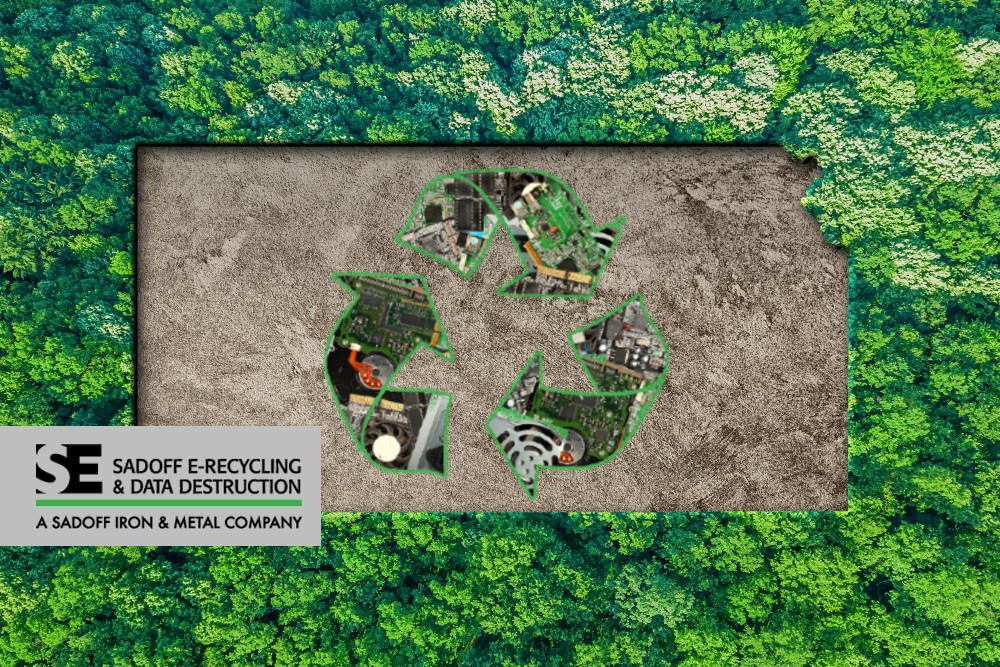 30
30 Oct
Though there are federal guidelines for how e-waste is handled, every state handles things a little differently on top of the federal regulations. We will get into what that means for Kansas and by the end you will know where to recycle all your electronics in Kansas too.
Can Electronics Go In the Trash in Kansas?
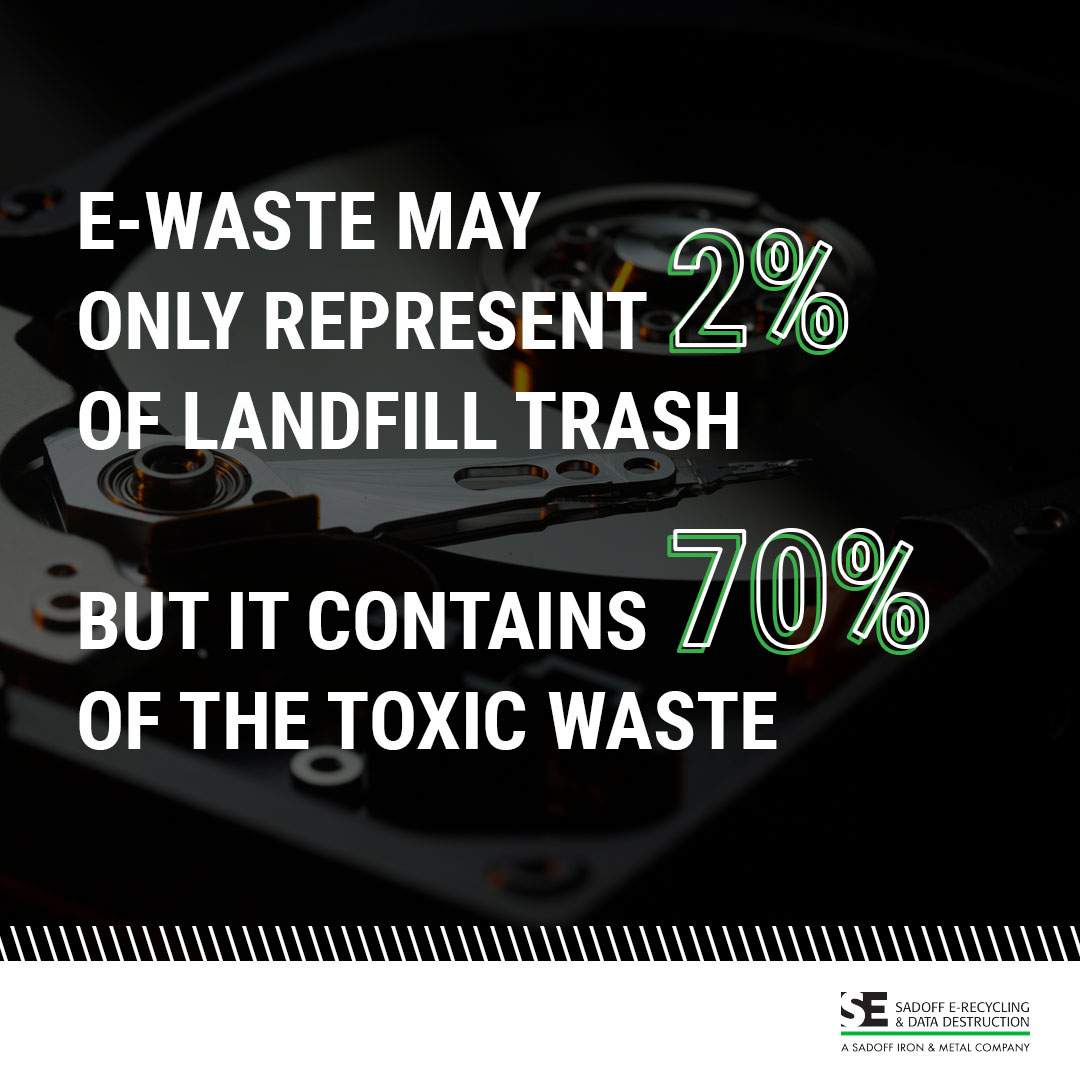 Technically, Kansas law does not directly regulate e-waste which means that households can throw their e-waste into a trash can. There are a lot of reasons why you shouldn’t do this. For starters, e-waste recycling facilities can often recycle your electronics affordably. Sometimes, for certain electronics, you may even be able to make a little money too.
Technically, Kansas law does not directly regulate e-waste which means that households can throw their e-waste into a trash can. There are a lot of reasons why you shouldn’t do this. For starters, e-waste recycling facilities can often recycle your electronics affordably. Sometimes, for certain electronics, you may even be able to make a little money too.
More importantly, though, electronics wreak havoc on landfills. Did you know that lead is one of the most potent neurotoxins on the planet? Some historians are starting to consider that its use may have been a large factor in the fall of ancient Rome and lead is the root of the phrase “Mad as a hatter” since hat makers used lead heavily and usually went slowly mad as a result.
Lead is safely contained in most electronics, but when you subject those electronics to the heat, pressure, and moisture of a landfill, the lead will soon leach out where it could enter the soil, the groundwater, and even potentially the atmosphere. That’s not all, but other toxins are also found in electronics such as mercury and even arsenic. That is all not to mention the gold, platinum, and silver that is also being thrown out in the process.
What is the Fastest Growing Waste Stream in the World?
Can E-Recycling go into Recycling Bins
We are all familiar with recycling bins that take our aluminum cans, plastic bottles, papers, cardboard, and glass to be recycled. If e-waste can be e-recycled, then why not throw it in the blue bin? It does make sense, but that leads to a major problem.
Recycling facilities that handle your normal recycling, are set up to specifically handle only those items. Other items can wreak havoc on machines and even cause significant damage or fires if the wrong items end up in the recycling stream.
E-waste has a lot more specialized recycling processes that involve several layers of sorting to ensure that toxic waste is handled properly and that everything is recycled to its fullest extent. It’s easy to take a plastic bottle and a glass bottle out of a stream and make sure that they each go where they need to, but taking the plastic, metals, silicon, and heavy metals out of a PC or even a cellphone is significantly harder.
Learn More: How Are Computers Recycled?
How are Businesses and Households Treated Differently for E-Waste in Kansas
As we alluded to previously, it all comes down to federal law. Households and small generators do not have to handle their e-waste in any special way. A small generator is any entity that generates less than 25kg (55 lbs) of e-waste in a year.
If you generate more than that amount, then you are not allowed to put your e-waste into any of the normal waste streams which would result in those electronics going to a landfill. Instead, you need to find an e-recycling facility that can work with you. Not only is this the ideal way to dispose of e-waste, but a qualified and certified e-recycler can usually also provide data destruction services. Data destruction is vital for businesses both large and small to ensure that your data doesn’t end up in the wrong hands.
What Will be the Most Likely Causes of Data Breaches in 2024?
E-Recycling Services in Kansas
Sadoff E-Recycling & Data Destruction not only handles a wide variety of e-recycling including all the e-waste that a typical business produces but we also offer full data destruction services as well. Though we do not have locations in Kansas, we have multiple facilities in the north in Nebraska and we offer our services to businesses nationwide. Reach out to Sadoff for a quote today!
Categorized in: E-Recycle



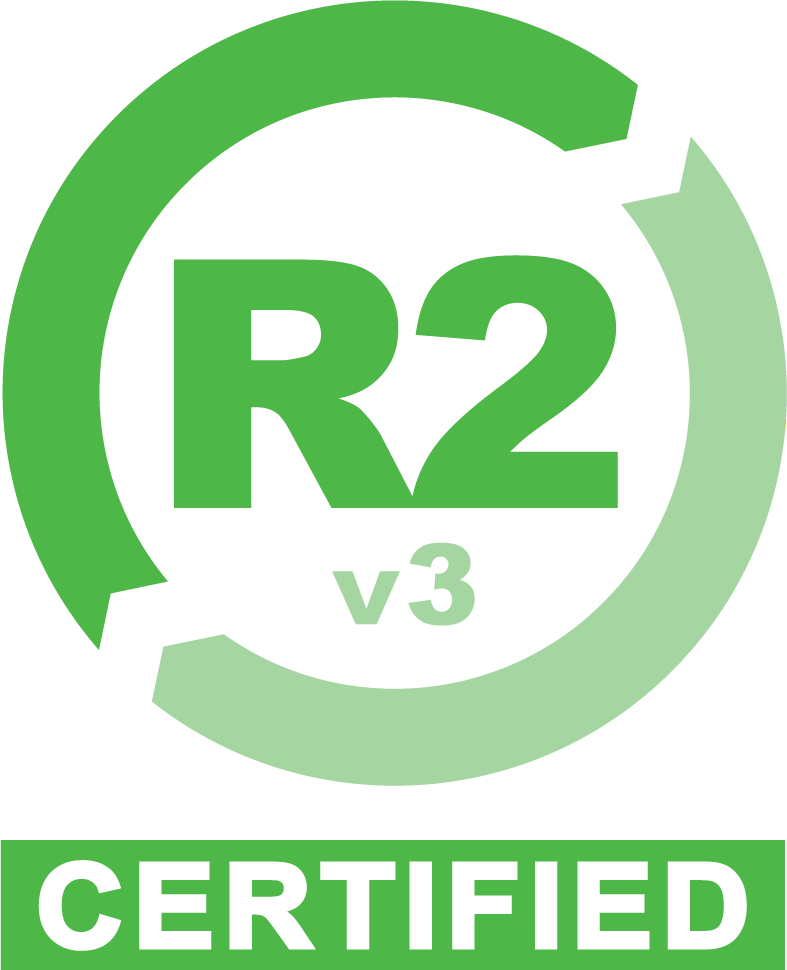
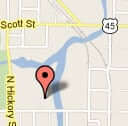 Google map directions
Google map directions
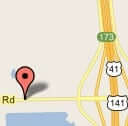 Google map directions
Google map directions
 Google map directions
Google map directions
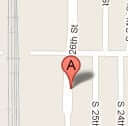 Google map directions
Google map directions
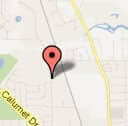 Google map directions
Google map directions
 Google map directions
Google map directions
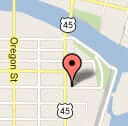 Google map directions
Google map directions